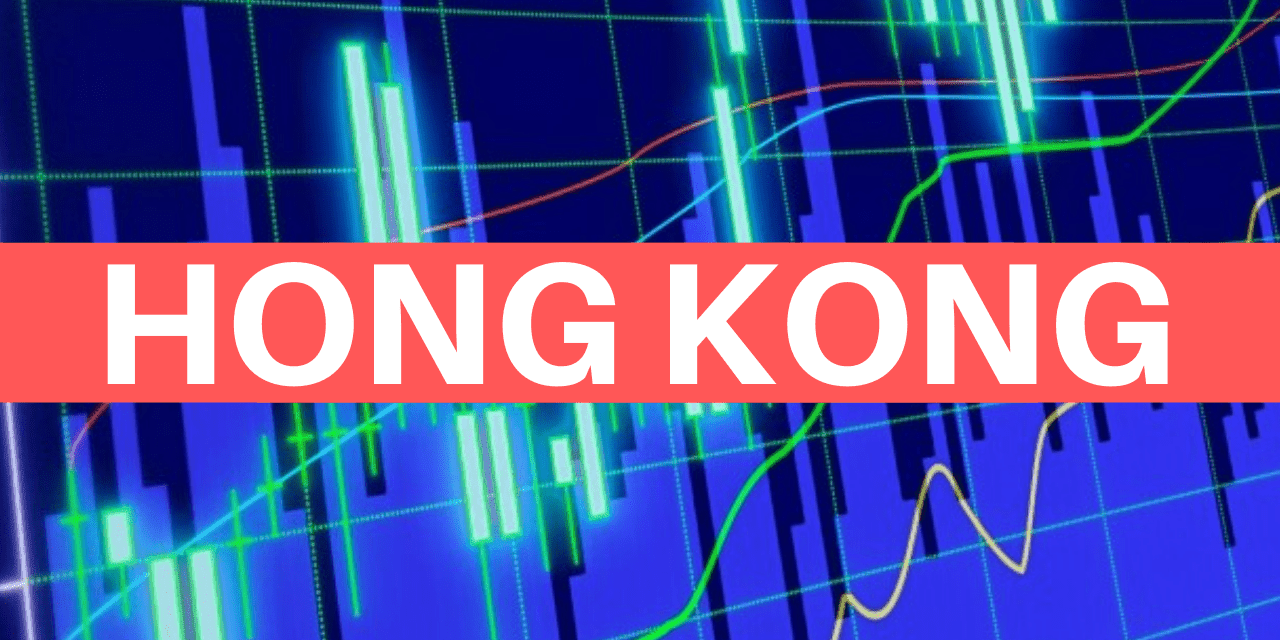What every options trader needs to be aware of before trading listed options in Hong Kong
When it comes to options trading, there are a few things that every trader needs to be aware of before getting started. Here are four key things that every options trader needs to know before trading listed options in Hong Kong. For those interested, browse this site to learn more.
The different types of options
Call and put options are two different kinds of options. Call options give the owner of the option the right, but not the duty, to acquire a specific asset at a particular price by a certain date. Put options provide the holder with the option, but not an obligation, to sell an underlying asset at a specific price on or before a given date.
The different types of options have different uses and risks. It is essential to understand the difference between the two before trading.
How options are traded
Options can be traded over-the-counter (OTC) or on an exchange. OTC options are traded between two parties without going through an exchange, which means there is no central clearing house and no standardisation of contracts. Exchange-traded options are standardised contracts traded on an exchange, which means a central clearing house guarantees the trade, and all trades are settled in cash.
Before trading options, it is essential to understand how they are traded and the benefits and risks of each method.
The different exchanges
Hong Kong traders can trade options on different exchanges around the world. Some of the most popular exchanges for options trading include the Chicago Board Options Exchange (CBOE), the New York Stock Exchange (NYSE), and the Hong Kong Stock Exchange (HKEX). Each exchange has its own rules and regulations, so it is vital to understand the differences before trading.
What are the benefits of trading listed options in Hong Kong?
The Hong Kong Stock Exchange (HKSEx) is the world’s fourth largest options exchange, offering several advantages for traders. Some of the benefits of options trading on the HKSEx include:
- A wide range of underlying assets to choose from, including stocks, indexes, commodities, and currencies
- Competitive pricing with tight bid/asks spreads.
- A well-regulated exchange with high standards of market conduct.
- A central clearing house that guarantees all trades.
What are the risks of trading listed options in Hong Kong?
Although there are many benefits to trading listed options on the HKSEx, there are also some risks to be aware of. These include:
Market risk
The underlying asset’s price may move against your position
Credit risk
The counterparty to your trade may not be able to meet their obligations under the contract.
Liquidity risk
There may not be enough buyers or sellers to fill your order at the desired price.
Exchange rate risk
Exchange rate changes will affect your investment value if you are trading in a currency other than Hong Kong dollars.
Before trading listed options on the HKSEx, it is essential to understand these risks and decide if the potential rewards are worth the risks.
What are the costs of trading listed options in Hong Kong?
The costs of trading listed options on the HKSEx include:
Exchange fees
The HKSEx charges a fee for each trade, depending on the contract value.
Clearing fees
A clearing fee is charged by the Hong Kong Futures Exchange Clearing House (HKFE) for each trade.
Brokerage commissions
Brokers charge commissions for each trade. The amount will vary depending on the broker and the type of contract.
The Bottom Line
Options trading is a risky business, and there are a few things that every trader needs to be aware of before getting started. These include the types of risk involved, the types of options available, how options are traded, and the different exchanges where Hong Kong traders can trade options. By understanding these four key things, traders can be better prepared for the risks and rewards of options trading. Novice traders should contact a Saxo broker before trading in listed options.







